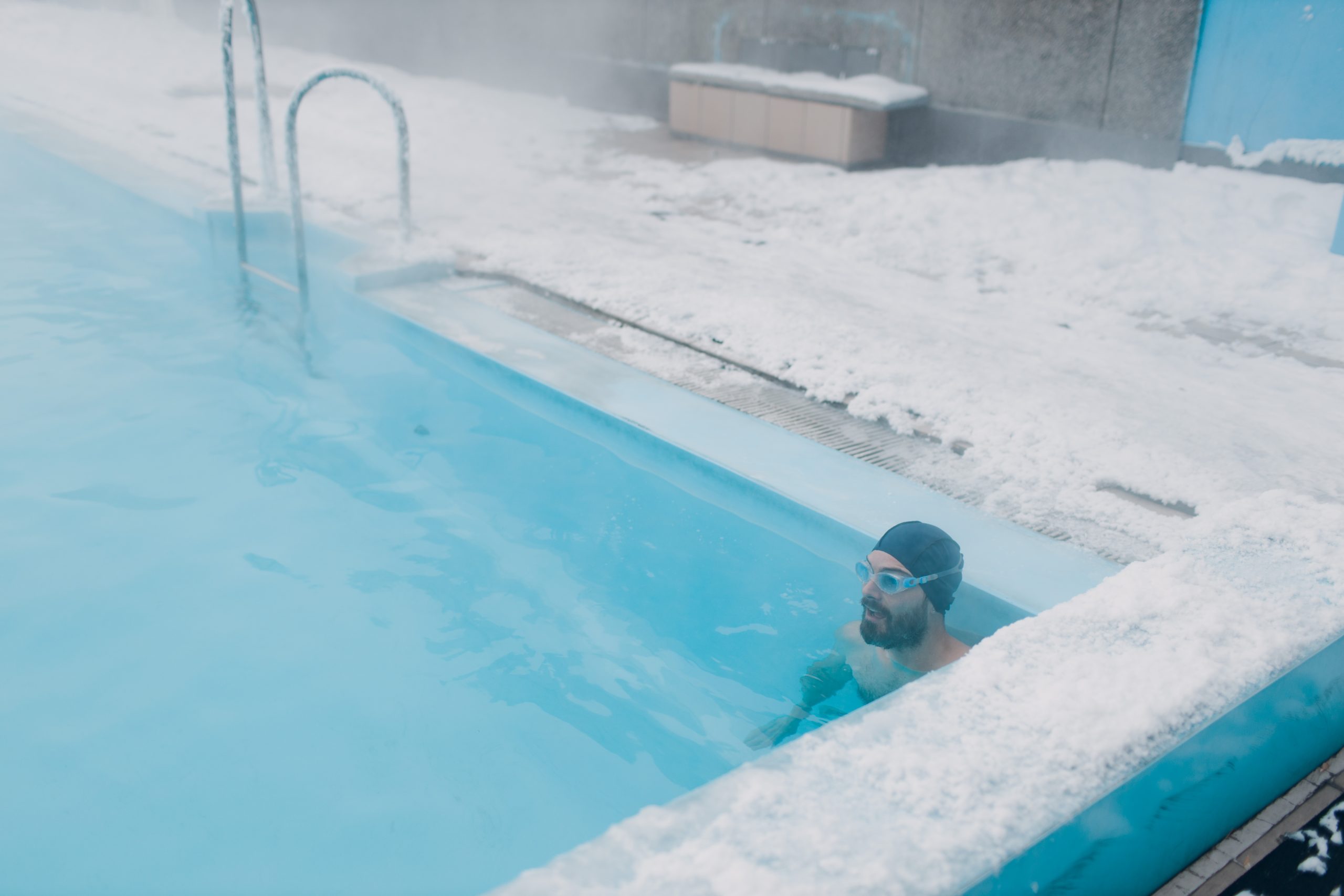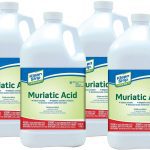
Winter-Ready Waters: The A-Z of Balancing Pool Chemicals for the Frosty Season
Winterizing your swimming pool isn’t just about putting on a cover and hoping for the best. Proper chemical balance is crucial for ensuring your pool is protected during the colder months and ready to dive into when summer returns. But what chemicals are we talking about, and what do they actually do? Let’s plunge into the details!
1. Chlorine:
The cornerstone of pool sanitation. Chlorine kills bacteria, algae, and other contaminants, ensuring water remains clear and healthy.
- For Winter: Apply a chlorine shock treatment to eradicate any lingering bacteria. This prepares the pool for the winter months. Aim for a chlorine level of 1-3 ppm.
2. pH Balancers:
Maintaining the right pH ensures chlorine and other sanitizers work effectively.
- For Winter: Before winterizing, adjust the pH level to fall between 7.4 and 7.6. You can use pH increasers or decreasers as necessary.
3. Alkalinity Balancers:
Alkalinity acts as a buffer for pH, keeping it stable. It prevents pH levels from fluctuating rapidly, which can harm pool equipment and surfaces.
- For Winter: Aim for a total alkalinity between 80 and 120 ppm. Adjust using alkalinity increasers if needed.
4. Calcium Hardness Adjusters:
Calcium hardness refers to the amount of dissolved calcium in the water. Proper levels prevent plaster damage and cloudy water.
- For Winter: Ensure calcium hardness is between 200 and 400 ppm for concrete pools. For vinyl pools, aim for 175-225 ppm.
5. Algaecides:
While chlorine combats algae, an algaecide gives that extra layer of protection, ensuring your pool remains algae-free.
- For Winter: After shocking your pool, add a quality winter algaecide to prevent any algae growth during the off-season.
6. Pool Antifreeze:
Not your standard chemical for balance, but it’s essential for those living in particularly frosty areas. Pool antifreeze prevents water in your pipes from freezing, expanding, and causing damage.
- For Winter: Add to your pool’s plumbing system, particularly if you anticipate temperatures dropping below freezing. Ensure you opt for pool-specific antifreeze and not automobile antifreeze.
7. Stain and Scale Preventers:
These prevent metal stains and scale buildup, which can mar your pool’s appearance.
- For Winter: Add a stain and scale preventer to guard against unsightly mineral deposits, especially if your pool has high mineral content.
Prepping your pool for winter isn’t just a dive-and-done affair. It’s a well-orchestrated ballet of chemistry, ensuring your pool stays protected from the harsh elements and remains in top condition for summer splashes. By understanding and balancing these chemicals, you’re not just winterizing your pool – you’re setting the stage for a smooth opening when the sun shines high again. So, gear up, balance right, and let your pool have its winter slumber in peace!




